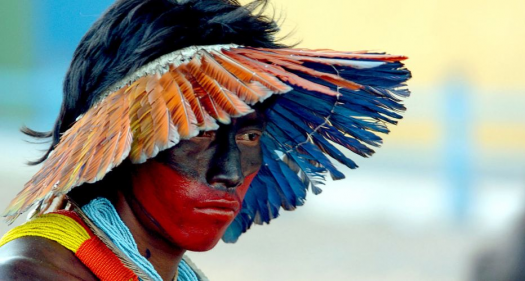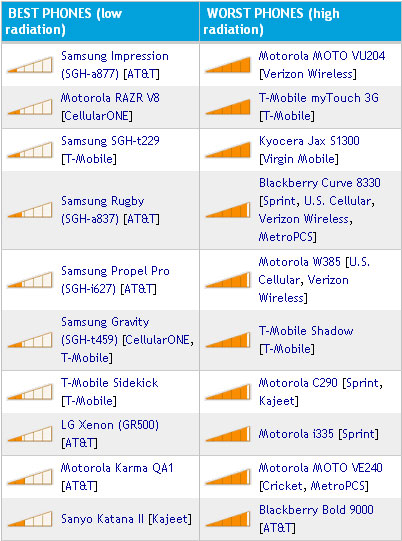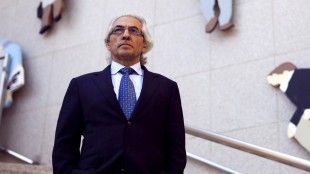Nursing - Affect the Culture you Work in
Oct 22, 2011
CL'cK Events Calendar
Title: Nursing - Affect the Culture you Work in
When: Oct. 25 2011 - Oct. 25 2011 3:00pm - 4:00pm
Where: Teleconference -
Description
Are there aspects of your work environment that you think need to change? What is the role of nurses in improving the healthcare sector? What can you do, from where you are--is there anything?? If you're passionate about the work you do but feel that there are barriers that need to be talked about, then this is your chance to connect with nurses across the province to share and plan for the future.
Guest June Kaminski RN MSN PhD(c), currently teaching at Kwantlen Polytechnic University BSN Nursing Program, will share her experiences and views on how to affect nursing culture. She blogs at Nurse Activism and Nursing Informatics.
This is a community of practice meeting open to anyone interested in Learning and Leadership in the healthcare sector. Everyone is invited to participate in this teleconference! Registration is not required but will help us gauge your interest--so please register if you think you might attend (simply click on box below--make sure you've logged in first). If you have any comments or questions, email us.
To register:
http://www.clwk.ca/resources/events/details/15-nursing-affect-the-culture-you-work-in
Teleconferencing Bridge:
1-877-291-3022 (North America Toll Free)
604-681-0455 (Vancouver Local Access)
- Participant Code: 4797639 #
About the CL'cK Initiative
Connecting Learners with Knowledge (CL'cK) is an innovative approach to connecting front-line health care staff with the knowledge they need to improve outcomes for their clients.
The CL'cK initiative was developed to explore alternative and innovative ways of meeting the continuing and specialty education needs of nurses in BC, and is focused on overcoming the barriers that exist between frontline staff and the knowledge they require to meet the complex needs of their clients.
It is funded by the BC Health Education Fund and sponsored by the Provincial Home and Community Care Council - six Health Authorities are also participating in the pilot.
The project has four components:
Technology - The development of a personalized learning web site for clinician / learners through which relevant knowledge can be accessed and shared, programs can be accessed and on-line support from other clinician / learners can be provided.
Learning Facilitators - a role focused on supporting the clinician/ learner in acquiring the skills necessary to access relevant knowledge via the web site and apply that knowledge appropriately into their work setting.
Communities of Practice - establishing a network of practitioners who share an interest in the clinical competencies and skills necessary to practice and who shepherd the knowledge generated from their practice.
Supportive Learning Culture - supporting organizational leaders in developing a supportive learning culture within their workplace.
Title: Nursing - Affect the Culture you Work in
When: Oct. 25 2011 - Oct. 25 2011 3:00pm - 4:00pm
Where: Teleconference -
Description
Are there aspects of your work environment that you think need to change? What is the role of nurses in improving the healthcare sector? What can you do, from where you are--is there anything?? If you're passionate about the work you do but feel that there are barriers that need to be talked about, then this is your chance to connect with nurses across the province to share and plan for the future.
Guest June Kaminski RN MSN PhD(c), currently teaching at Kwantlen Polytechnic University BSN Nursing Program, will share her experiences and views on how to affect nursing culture. She blogs at Nurse Activism and Nursing Informatics.
This is a community of practice meeting open to anyone interested in Learning and Leadership in the healthcare sector. Everyone is invited to participate in this teleconference! Registration is not required but will help us gauge your interest--so please register if you think you might attend (simply click on box below--make sure you've logged in first). If you have any comments or questions, email us.
To register:
http://www.clwk.ca/resources/events/details/15-nursing-affect-the-culture-you-work-in
Teleconferencing Bridge:
1-877-291-3022 (North America Toll Free)
604-681-0455 (Vancouver Local Access)
- Participant Code: 4797639 #
About the CL'cK Initiative
Connecting Learners with Knowledge (CL'cK) is an innovative approach to connecting front-line health care staff with the knowledge they need to improve outcomes for their clients.
The CL'cK initiative was developed to explore alternative and innovative ways of meeting the continuing and specialty education needs of nurses in BC, and is focused on overcoming the barriers that exist between frontline staff and the knowledge they require to meet the complex needs of their clients.
It is funded by the BC Health Education Fund and sponsored by the Provincial Home and Community Care Council - six Health Authorities are also participating in the pilot.
The project has four components:
Technology - The development of a personalized learning web site for clinician / learners through which relevant knowledge can be accessed and shared, programs can be accessed and on-line support from other clinician / learners can be provided.
Learning Facilitators - a role focused on supporting the clinician/ learner in acquiring the skills necessary to access relevant knowledge via the web site and apply that knowledge appropriately into their work setting.
Communities of Practice - establishing a network of practitioners who share an interest in the clinical competencies and skills necessary to practice and who shepherd the knowledge generated from their practice.
Supportive Learning Culture - supporting organizational leaders in developing a supportive learning culture within their workplace.


